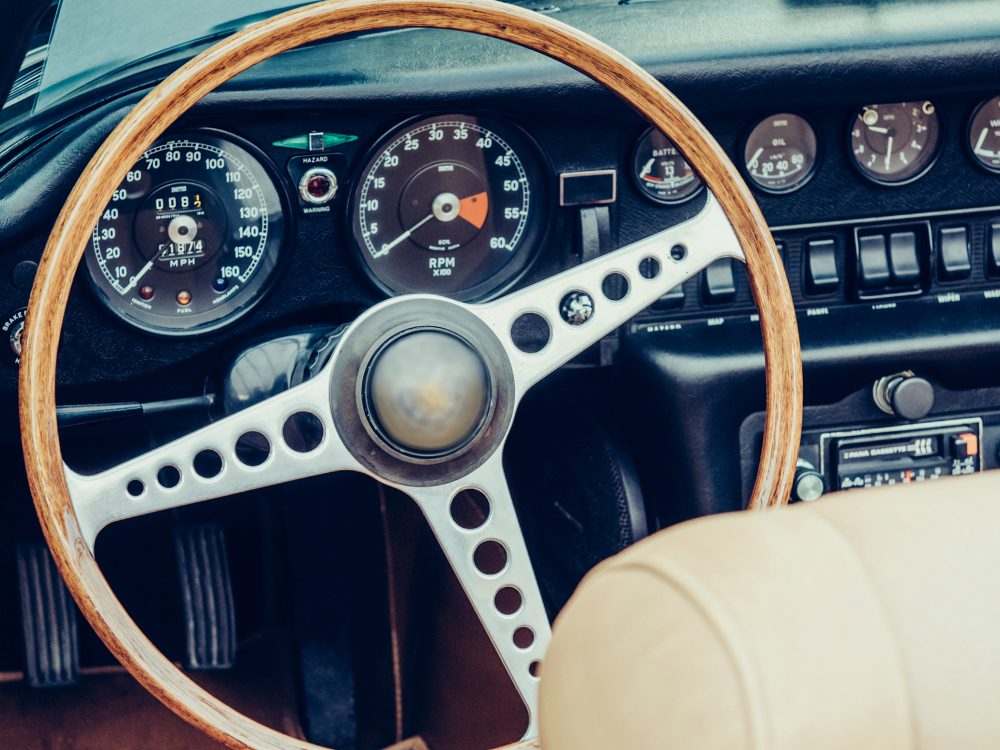
The Challenges of Classic Car Onwership
Owning a classic car can be very rewarding. You can relive the glory days of automotive manufacturing – when the chrome was thick and cars were built to last. You can enjoy the envious stares of other drivers as they admire your shiny car. You can watch the resale value of your classic go up instead of down. Even so, there are a number of potential problems classic car owners need to grapple with and overcome. Here are five classic car problems and their possible solutions.
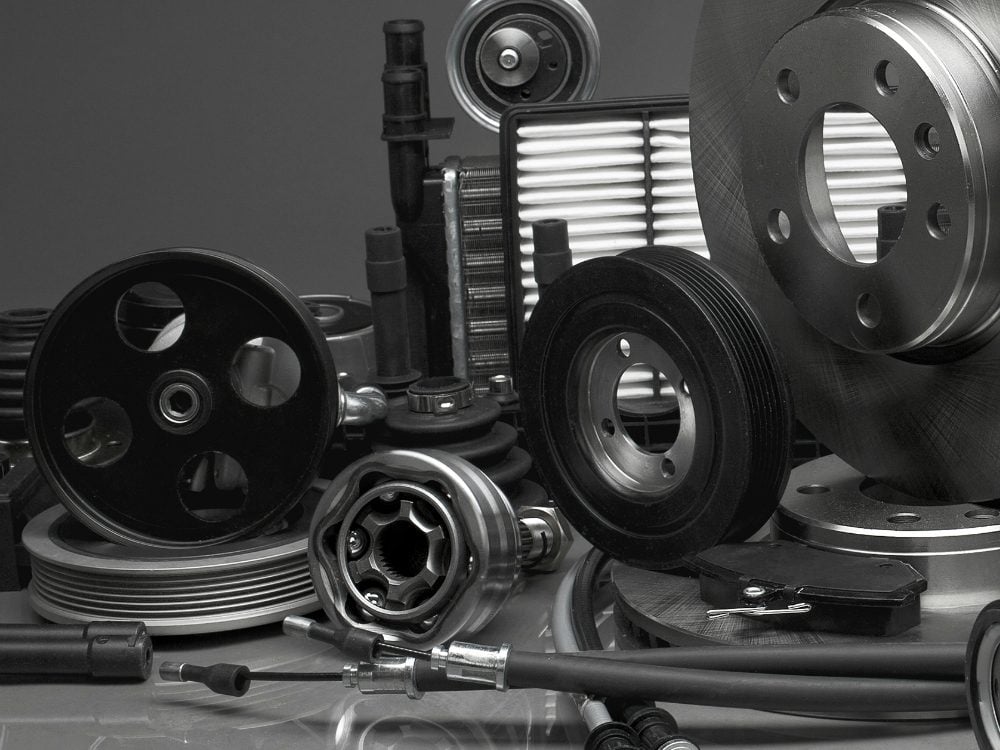
Problem #1: Classic Car Parts May Not be Readily Available
If you need a replacement part for a modern car, you just head down to the local auto parts store and pick one of the shelf. If your car was built decades ago, you may not be able to do that.
The availability of parts is one of the biggest challenges classic car owners face, and it can be a tough one to overcome. You can increase your chances of getting the parts you need by joining a local classic car club, attending auctions and car shows and learning about online sources of vintage parts. You can also seek out modern-day equivalents to classic parts in cases where the originals are simply not available.
How well do you know your classic cars? Take our trivia challenge!

Problem #2: You May Struggle to Keep Up on the Highway
If the classic car in your driveway hails from the 1960s or 1970s, it should have no trouble keeping up with modern traffic. But if you have your heart set on a Model T, you may need to pay more attention to where you drive it.
If you do have a classic car of an earlier vintage, it is probably best to stick to back roads and thoroughfares with lower speed limits. Your drive will be safer – and there will be less chance of a distracted driver in a modern car damaging your precious antique.
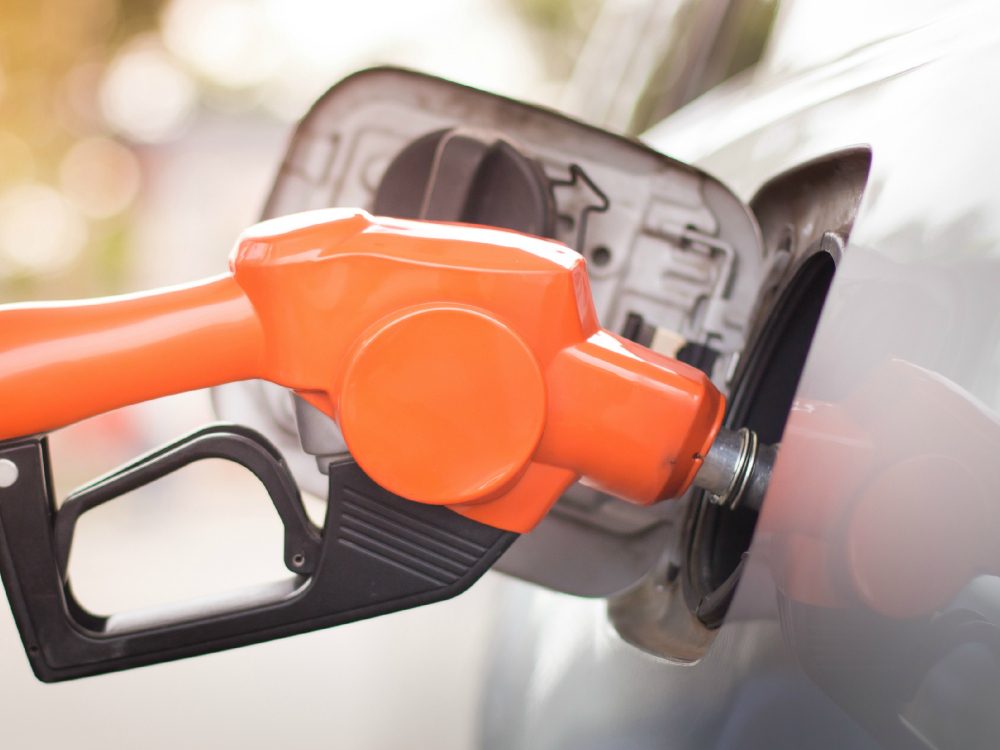
Problem #3: You May Need Higher Octane Fuel
Over the years the octane in gasoline has been decreased, and that could pose a problem for your classic car. Some old cars simply do not run well on lower octane fuel, so you may need to seek out a gas station that sells the high test stuff.
You may also need to seek out a gas station that sells fuel that does not contain ethanol. Modern cars are made to handle this corn-based additive, but ethanol can damage the delicate parts in antique and classic cars. It may be worth the extra cost to use ethanol-free fuel in your old car.
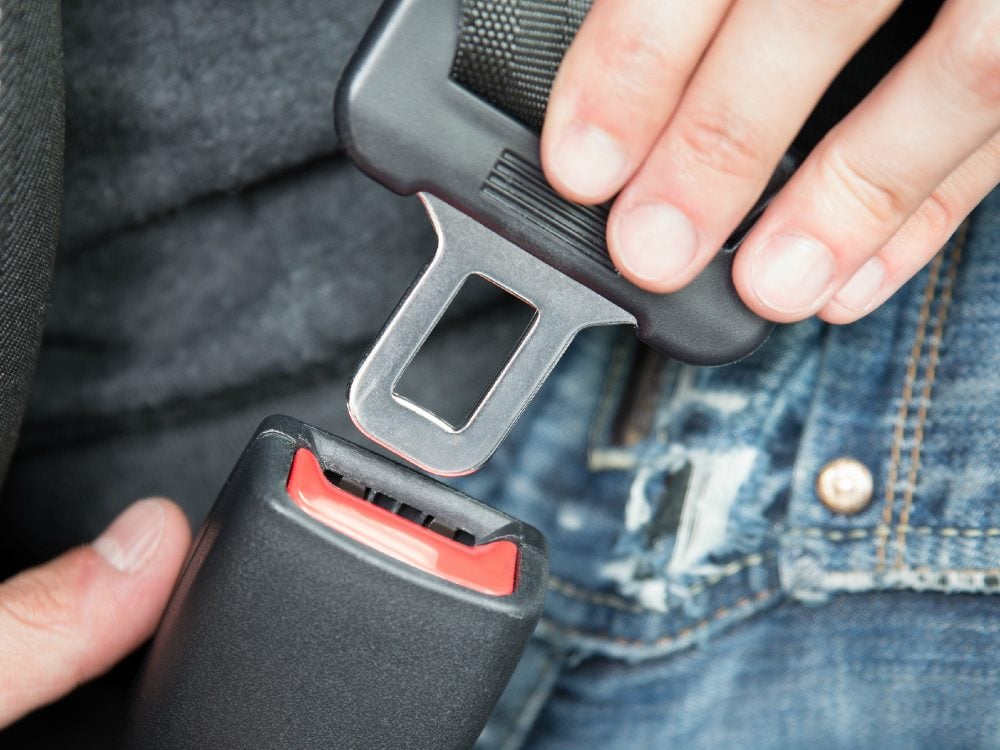
Problem #4: Safety Equipment May be Lacking
Older cars are big and imposing, but that large size does not always mean safety. Many antique and classic cars were built before seat belts and driver restraint systems were mandatory – and none of them have airbags.
There is not a lot you can do to retrofit your old car, but you can make sure the safety equipment you do have is in working order. Checking the tire pressure regularly, making sure the engine is in great shape and having the vehicle inspected at least once a year can all help you stay safer behind the wheel.
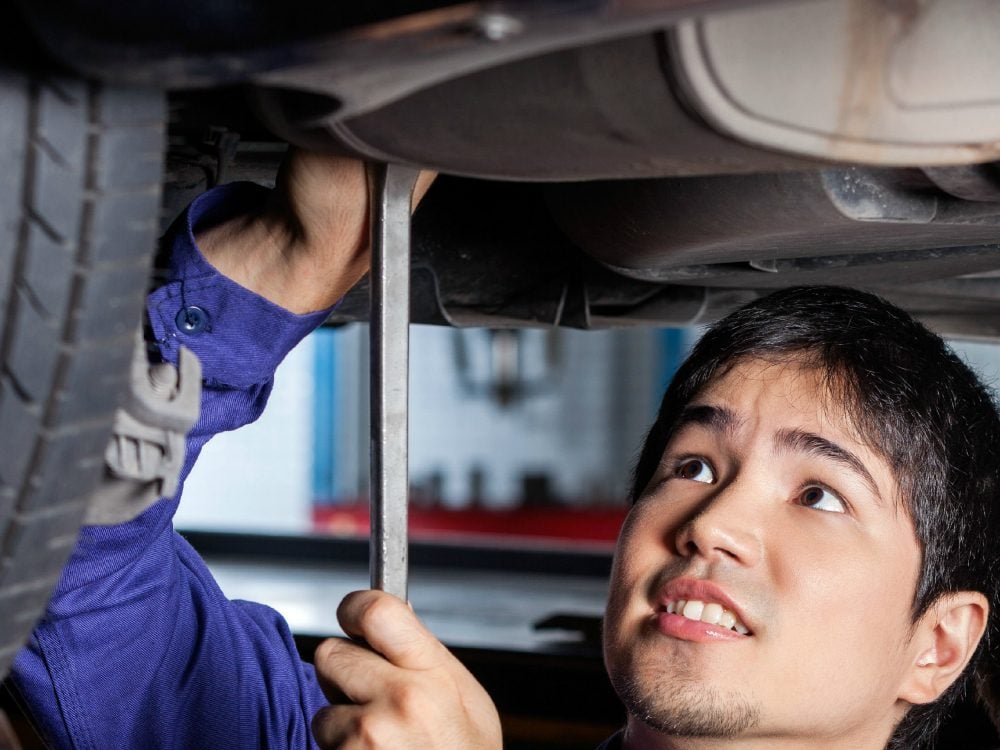
Problem #5: It Could Be Hard to Find a Good Mechanic
The process of diagnosing automotive problems by sound alone is becoming a lost art. Modern mechanics rely on a host of computerized readers to determine what is wrong with an engine, and that equipment does not work with antique and classic cars.
If you are having trouble finding a great mechanic for your classic car, you can seek out fellow owners and ask who they use. Better yet, you can educate yourself and learn to do the work yourself. If you know your way around an engine, you may be able to fix simple things on your own.
Check out more car maintenance tips!